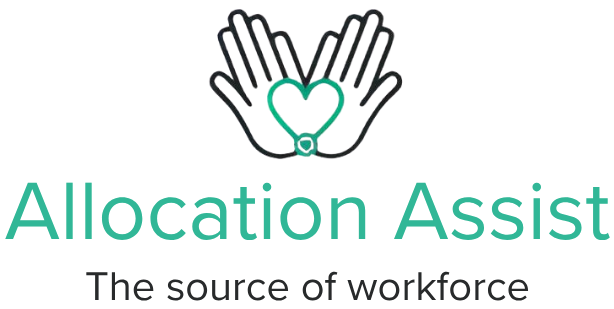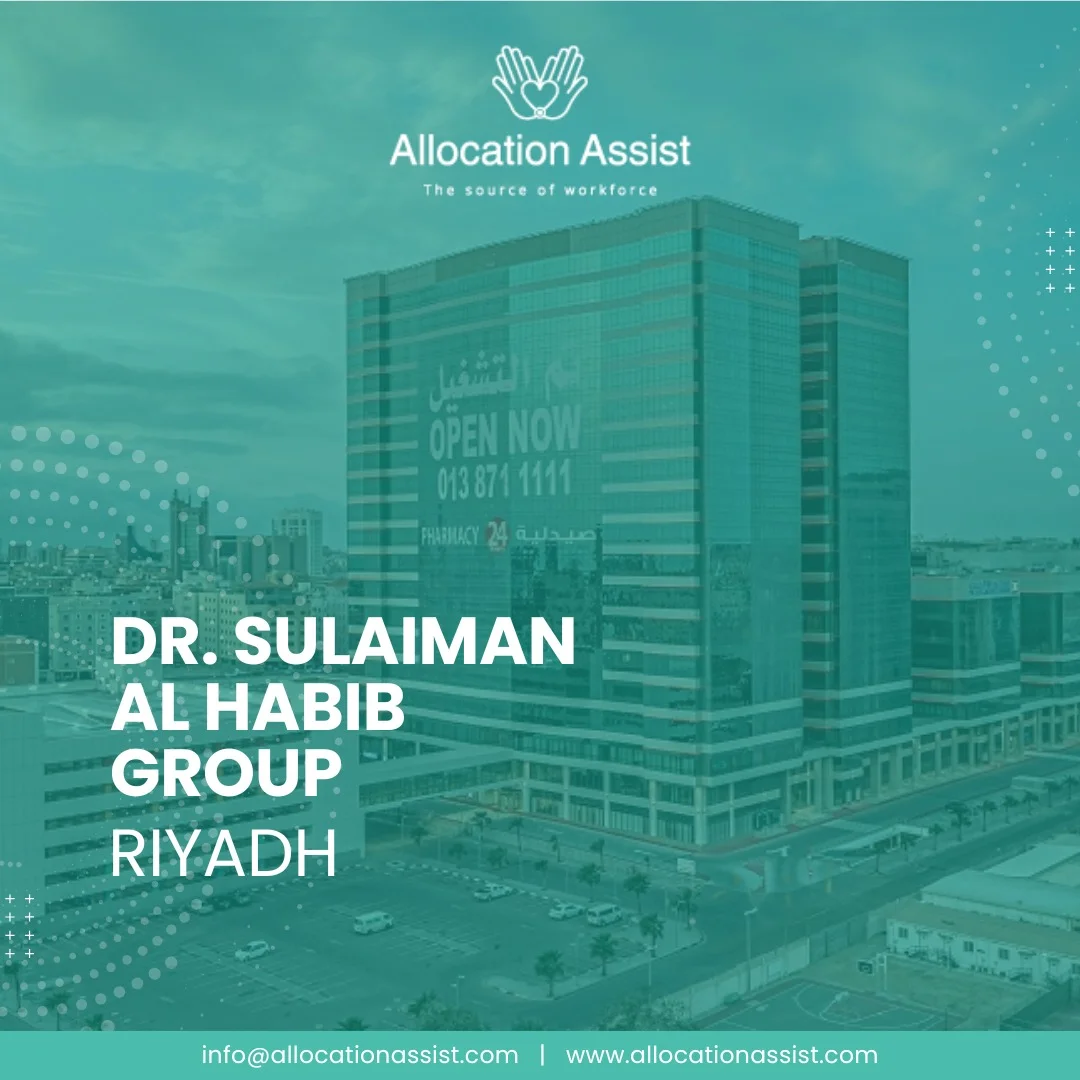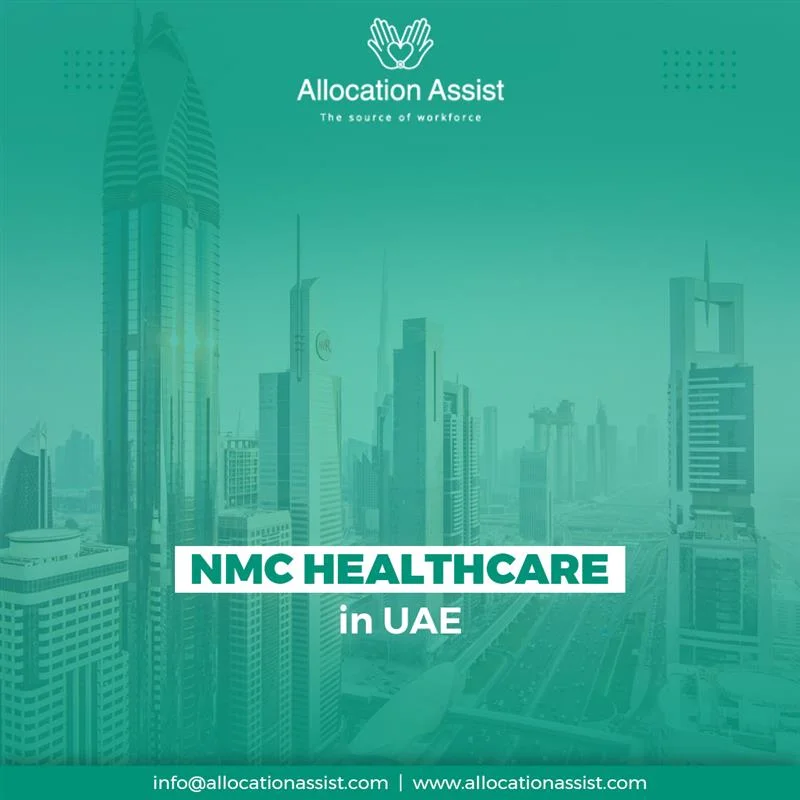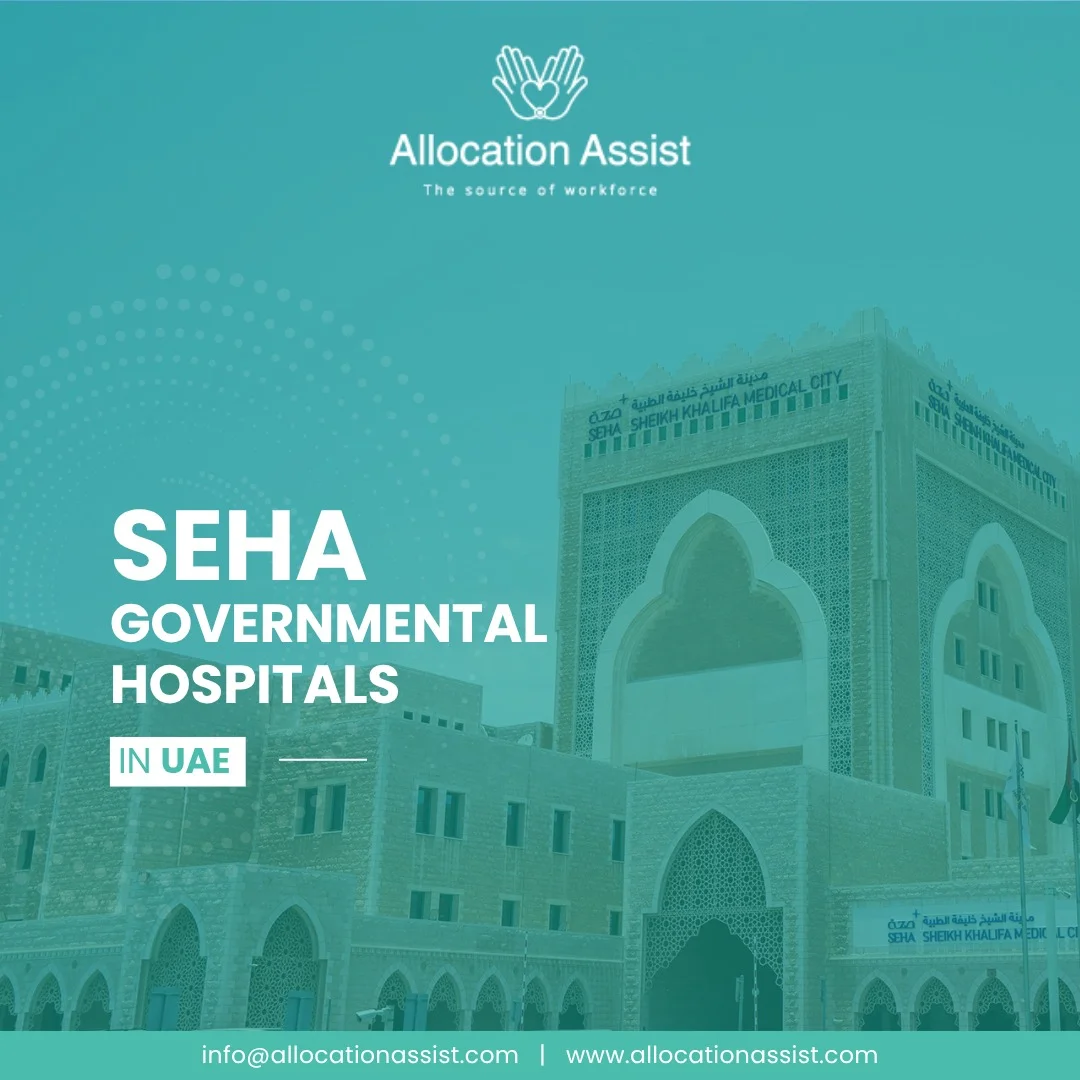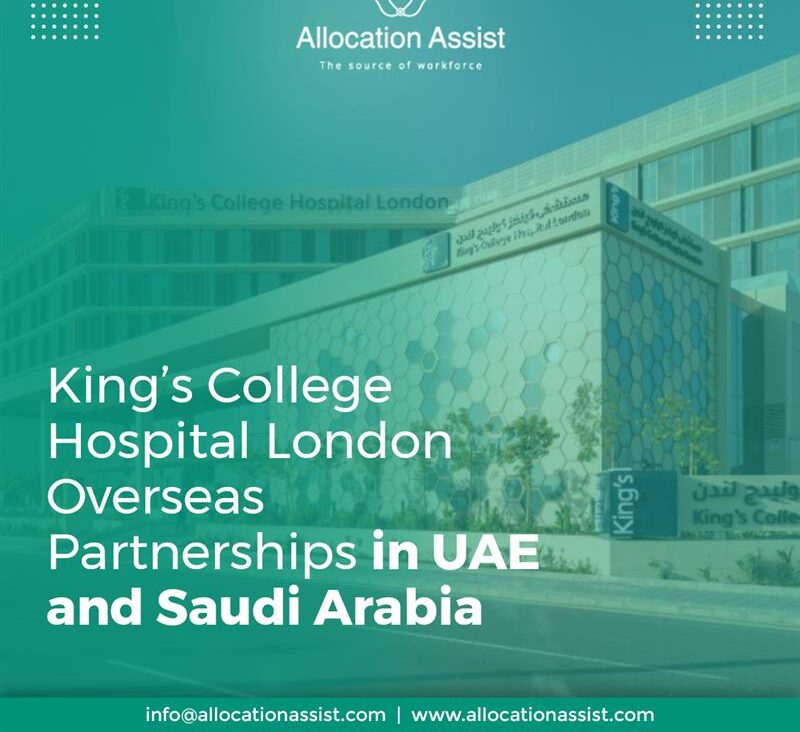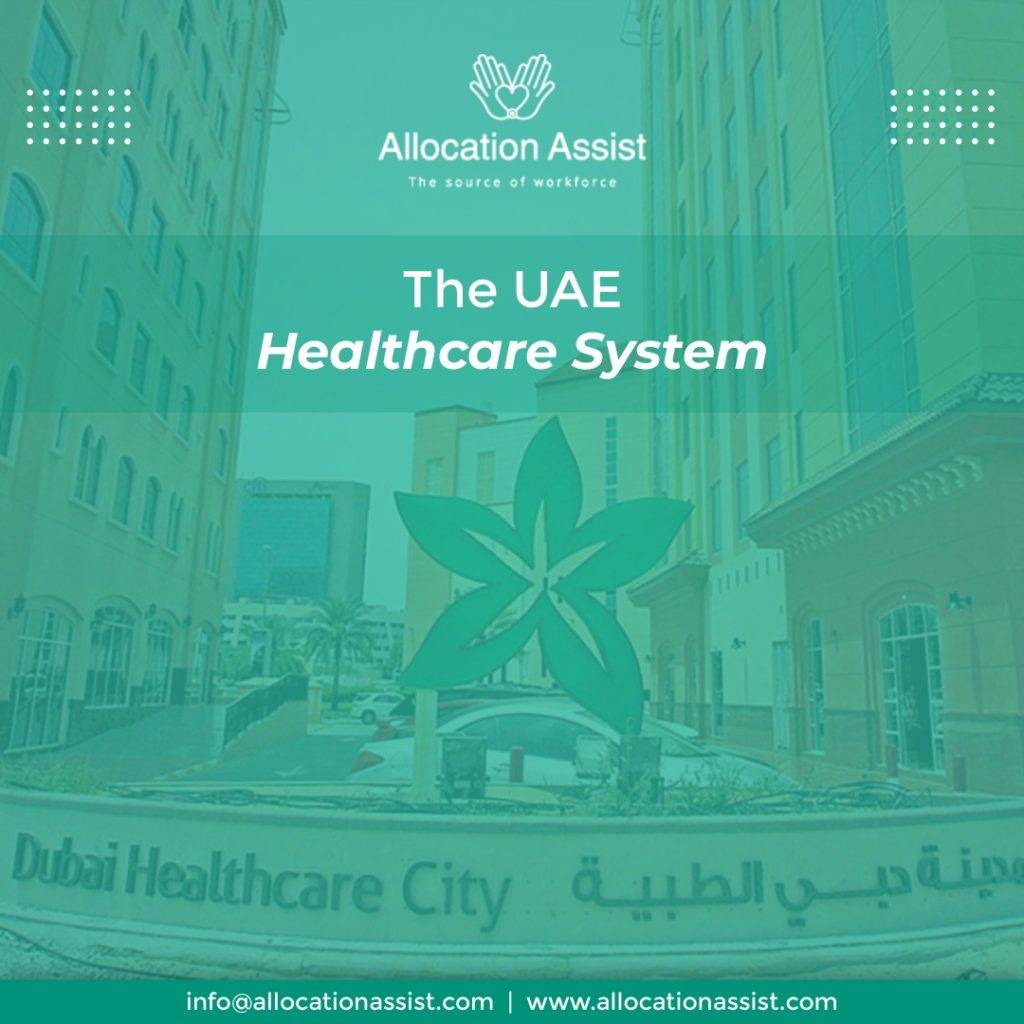
His Highness Sheikh Mohammed bin Rashid Al Maktoum, Vice President and Prime Minister of the UAE and Ruler of Dubai, emphasizes that the health and well-being of citizens, residents, and visitors is one of their highest priorities.
Highly qualified national talents contribute to ensuring all members of the community can receive world-class medical treatments. Partnerships with leading global medical institutions further enhance this goal. Clear plans are in place to facilitate accessible and top-quality medical care for everyone.
The UAE’s healthcare sector is one of the most rapidly expanding in the region with the highest number of JCI-accredited hospitals in the Middle East.
The UAE’s healthcare system achieved first place among GCC countries and also secured a position in the top 50 worldwide in 2022. It attracts skilled and experienced healthcare professionals from around the world.
The UAE is working with leading global institutions to further develop its healthcare system. This effort aims to establish the UAE as a major center for world-class healthcare. The benefits extend to the country’s residents and the wider region.
The UAE is a popular destination for overseas patients seeking high-quality, accessible medical care. The Medical Tourism Index 2020-21 ranked Dubai as the top destination in the Middle East and in 6th place globally, with Abu Dhabi also in 9th place.
For those new to the UAE, it is helpful to gain an understanding of the organization and regulation of the country’s healthcare sector.
The UAE is working with leading global institutions to further develop its healthcare system. It aims to establish itself as a major center for world-class healthcare. This initiative benefits the country’s residents and the wider region.
The UAE is a popular destination for overseas patients seeking high-quality, accessible medical care. The Medical Tourism Index 2020-21 ranked Dubai as the top destination in the Middle East and 6th globally. Abu Dhabi also secured 9th place in the global ranking.
What is the structure of the UAE Healthcare System?
The UAE Healthcare System is divided into public and private sectors, although both cooperate and collaborate extensively.
How many healthcare facilities are there in the UAE?
The number of healthcare facilities is constantly increasing, so it is difficult to give an exact figure. At the end of 2020, the UAE had 5369 facilities (772 government and 4597 private). In the same year, there were 162 hospitals in the UAE. This included 53 public hospitals and 109 private hospitals. Compared to 86 hospitals in 2010, this reflects an increase of 88 percent over 10 years.
How is healthcare regulated in the UAE?
The Federal Ministry of Health and Prevention (MOHAP) actively oversees the healthcare sector at both the federal and emirate levels.
The Department of Health (DOH) regulates healthcare services in the emirate of Abu Dhabi, while the Dubai Health Authority (DHA) oversees healthcare in Dubai, and the Sharjah Health Authority manages healthcare in Sharjah.
MOHAP regulates healthcare and medical licensing in the Northern Emirates.
How is healthcare funded in the UAE?
The government provides health insurance coverage for UAE nationals within each emirate. Citizens may access free or subsidized care within either the comprehensive government-funded health service or in private hospitals covered by their insurance network.
Expatriate residents make up approximately 88% of the population; approximately 88% of the population consists of expatriate residents. They mainly receive care in the rapidly expanding private sector, which is mostly insurance-based.
From 2023, Abu Dhabi and Dubai mandated medical insurance for all residents, extending this requirement to other emirates in the UAE. Employers are mandated to provide cover for their expat employees, with some also covering their dependents.
Check Out Our Related Articles:
